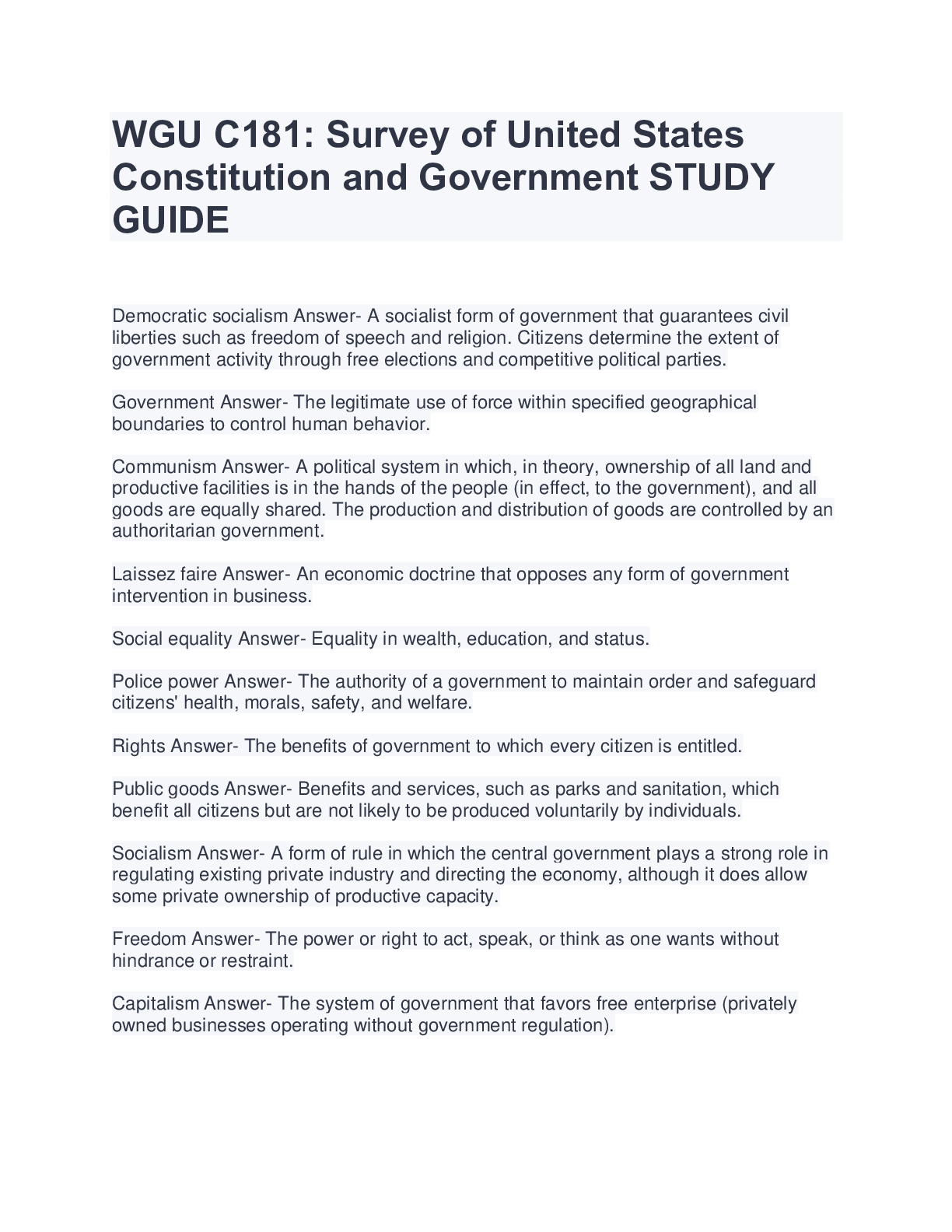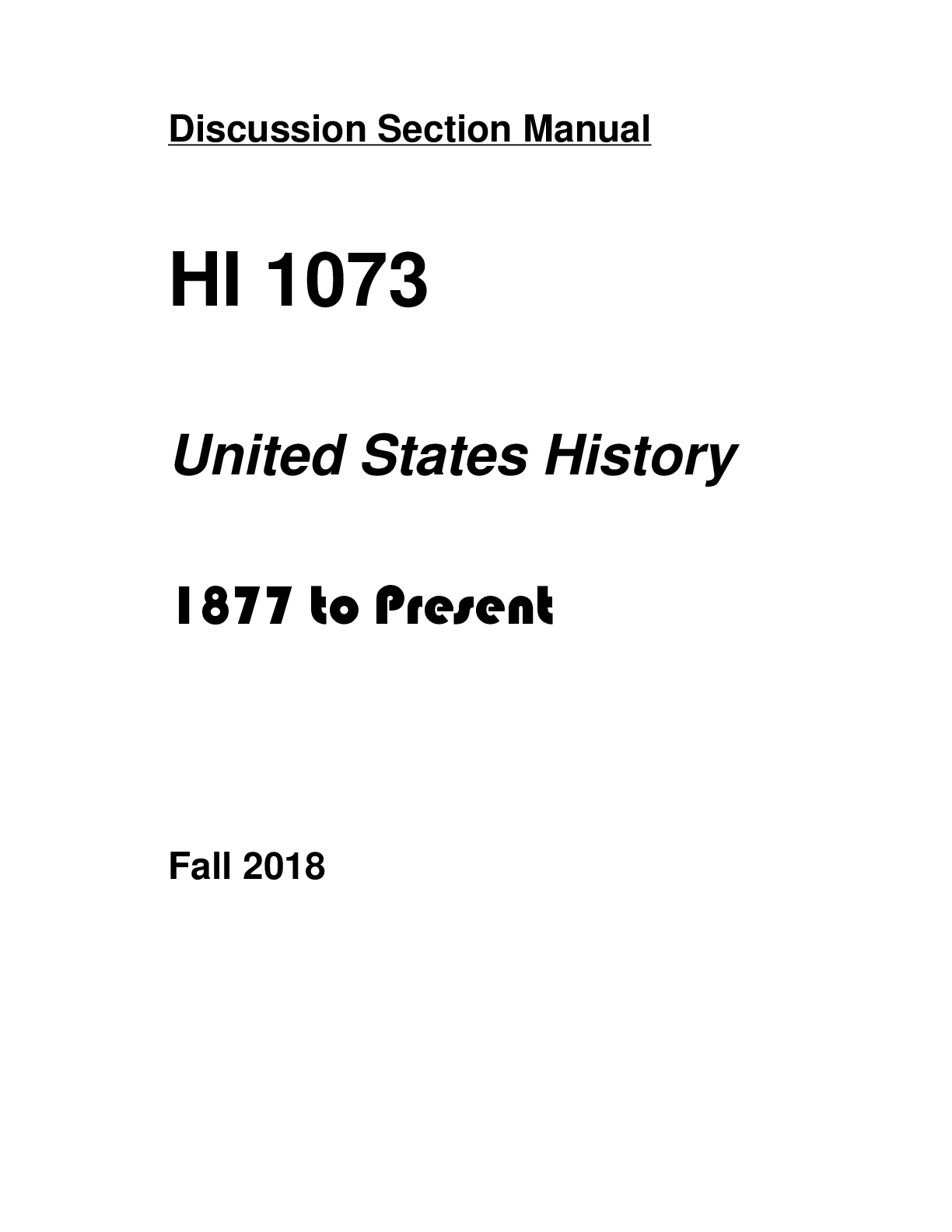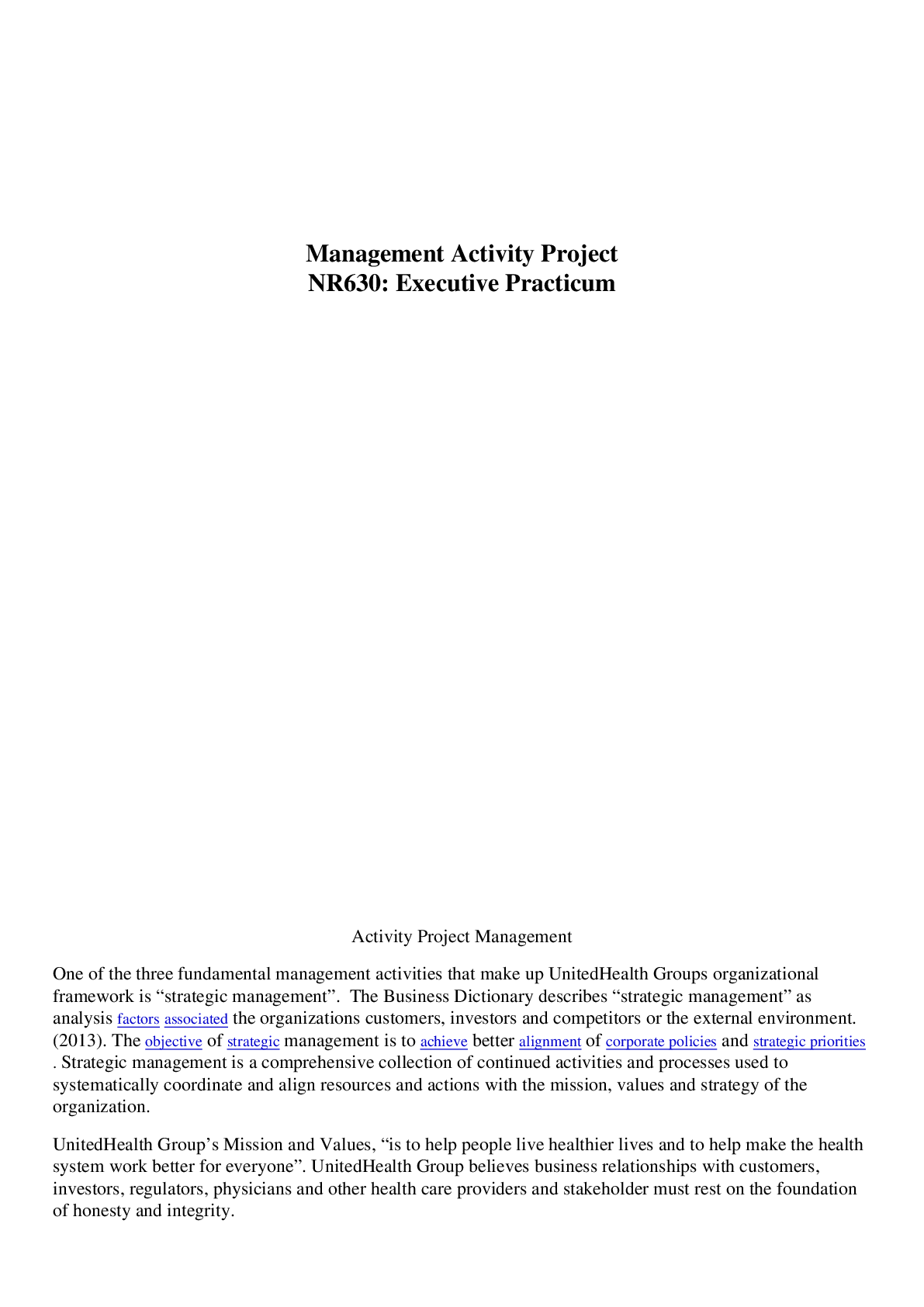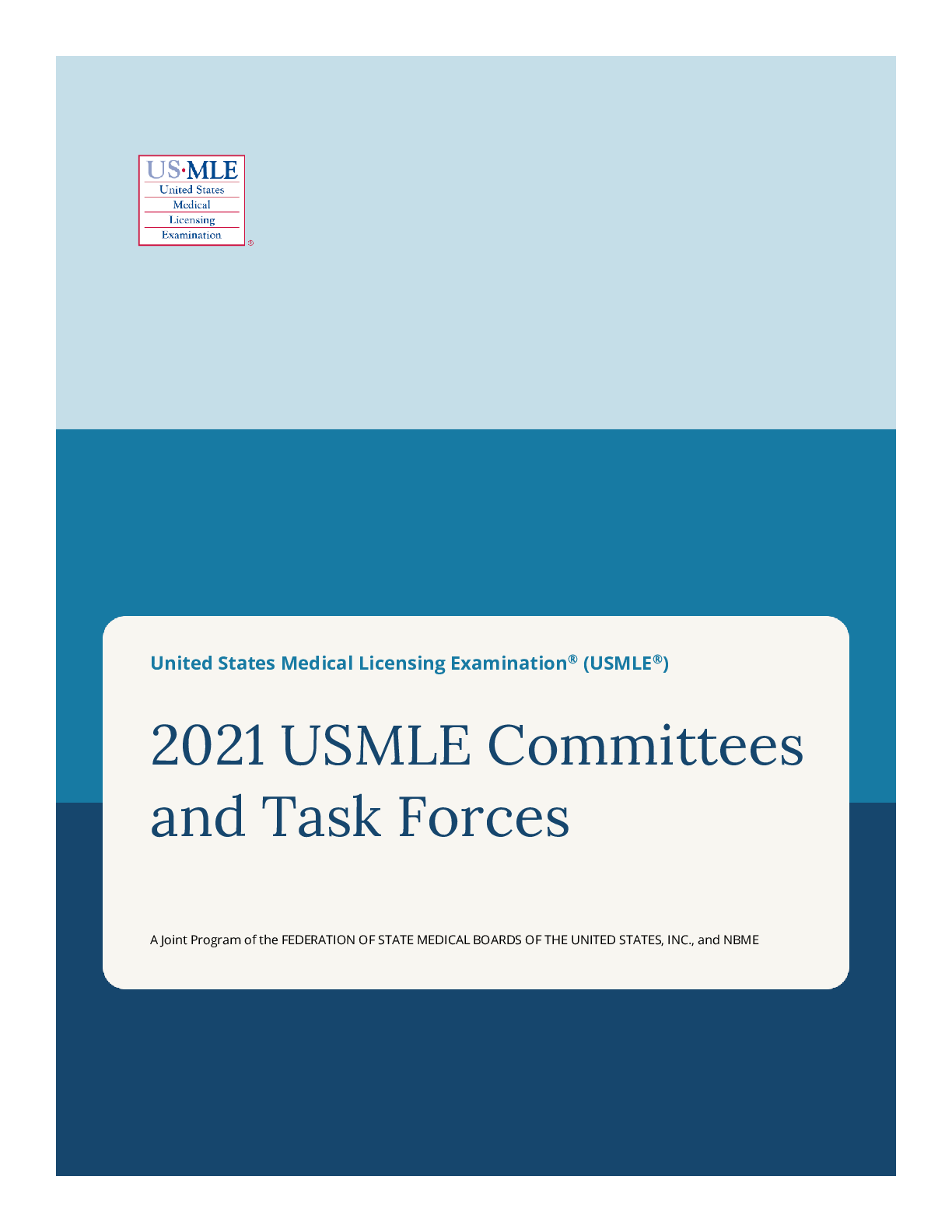Search for
Filter By
Rating
Price in $
Search Results 'United'
Showing All results
Sort by
*NURSING > STUDY GUIDE > Gender and Leadership in United Kingdom and United State (All)
History > STUDY GUIDE > WGU C181: Survey of United States Constitution and Government STUDY GUIDE (All)
*NURSING > STUDY GUIDE > Egypt’s Healthcare System and Health Related Issues Global health is the study, research, and practice on improving health, identifying risk factors, and reducing inequities between countries. Oftentimes it is difficult to truly understand what illnesses and healthcare issues affect other countries. However, it is important to relay this information to the general public educating them on what is occurring around the world. For some, the greatest issues could be obtaining access to safe drinking water, attempting to decrease infant mortality, or even establishing healthcare services within certain communities. Moreover, in a developed country, such as the United States, it can be difficult to really grasp the reality that other countries are suffering from certain diseases, some of which have been eradicated for years. Egypt is an interesting country that is well known for its history especially its famous pyramids, mummies, and pharaohs. However, a part of Egypt that is rarely discussed is its healthcare system and illnesses that plague its country such as the hepatitis C virus (HCV), female genital mutilations (FGM), and increased traffic-related injuries and mortality rates. The Country of Egypt Egypt is located in the north-eastern part of Africa. The longest river in the world, the Nile, runs through this vastly dry desert country. Home to one of the seven wonders of the world, ancient Egypt was considered one of the most powerful countries in 3000 BC. The country borders Lybia, Sudan, and Israel. It is primarily comprised of desert but fortunately, due to the iconic Nile River, a habitable area was established and is home to the vast majority of the population. Their climate is composed of two seasons, winter and summer. The winter months are from November to March with average temperatures ranging 48-74 degrees Fahrenheit whereas the summer months, May to September can be has hot at 91-106 degrees. Like most countries, there are multiple languages spoken, however, the official language of Egypt is Arabic 3 and the predominate religion is Islamic. The population is comprised of indigenous Egyptians along with immigrants such as Romans, Greeks, Turks, and Persians. Egypt’s population currently ranks 14th in the world (“Egypt Population 2020,” n.d.). In today's society, Egypt struggles with many issues especially with regard to health related illnesses. In 2016 the World Health Organization (WHO) estimated that Egypt’s population was nearly 96 million with a life expectancy of males and females to be 68 and 73; for comparison, WHO indicates that life expectancy within the United States for males and females are 76 and 81 (Holt, et al., 2019). For a country whose ancient population continues to be studied for their advanced achievements at its time, it is interesting that their history antedates its current state. Egypt’s Government and Current Healthcare System (All)
History > STUDY GUIDE > Mississippi State University - Hi 1073 - Discussion Section Manual - United States History 1877 to Present - Fall 2019 Study Guide. Rated A+ (All)
*NURSING > STUDY GUIDE > NR 630 Week 7 Assignment: Management Project – UnitedHealth Groups{100%} (All)
USMLE > STUDY GUIDE > United States Medical Licensing Examination® (USMLE®) 2021 USMLE Committees and Task Forces (All)
History > STUDY GUIDE > In what ways and to what extent did the United States government encourage westward migration from 1 (All)
*NURSING > STUDY GUIDE > Gender and Leadership in United Kingdom and United State (All)
Education > STUDY GUIDE > WGU C181: Survey of United States Constitution and Government STUDY GUIDE (All)
*NURSING > STUDY GUIDE > HSM 310 Healthcare_in_the_United_States_VS_China_Group_10 (All)









